Regional processing of Australia’s illegal arrivals in Papua New Guinea to end
Australia will cease regional processing in Papua New Guinea this year, ending more than eight years of offshore administration of illegal arrivals.
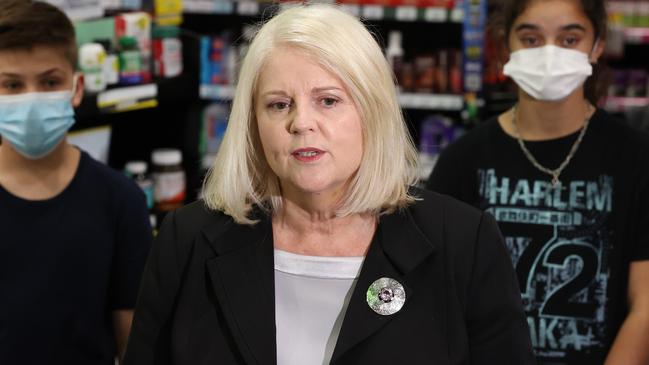
Australia will cease regional processing operations in Papua New Guinea by the end of the year, ending more than eight years of offshore administration of illegal arrivals on the Pacific island.
Home Affairs Minister Karen Andrews and PNG Immigration Minister Westly Nukundj on Wednesday will announce the regional resettlement arrangement, signed by Kevin Rudd in mid-2013, will terminate on December 31.
The decision to conclude the RRA, which had been discussed by Coalition and PNG government officials in recent years, will see the Australian government end all regional processing contracts in PNG by the end of December. From January 1, the PNG government will “assume full management of regional processing services … and full responsibility for those who remain”.
There were 124 asylum-seekers in PNG, predominantly in Port Moresby, and 107 on Nauru as of July 31. Of those still in PNG, 88 are classified as refugees and 36 considered non-refugees.
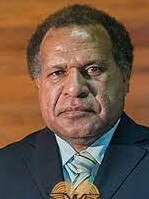
On September 24, Ms Andrews signed a memorandum of understanding with Nauru to establish an “enduring regional processing capability” and maintain a level of deterrence to avoid people-smugglers restarting operations.
To prevent people-smugglers from seizing on the PNG decision, Ms Andrews has filmed a message to potential illegal immigrants that will be issued via the Operation Sovereign Borders strategic communications campaign, which is active in 16 languages and 11 countries.
“Australia’s policy of sending illegal maritime arrivals to the country of Nauru has not changed. No one who arrives illegally by boat will ever settle or work in Australia. You will be caught, returned, or sent to Nauru. You have zero chance of success,” Ms Andrews says in the message.
Ms Andrews, who replaced Peter Dutton as Home Affairs Minister on March 30, said the Morrison government’s “strong border protection policies – including a commitment to regional processing – have not changed”.
“Anyone who attempts to enter Australia illegally by boat will be returned, or sent to Nauru,” Ms Andrews told The Australian.
“I won’t repeat the mess of the Labor years, when they lost control of Australia’s borders and allowed 50,000 people to turn up illegally on more than 820 boats, with at least 1200 people tragically dying at sea.
“Rather than chaos and tragedy, the Morrison government has restored integrity to Australia’s migration program and we’ve taken back control of our borders from the people smugglers. Today, we’re finalising an arrangement Labor entered into when they lost control.”
The Australian understands illegal maritime arrivals still in PNG will be offered the chance to resettle in a third country, remain in the country or return home.
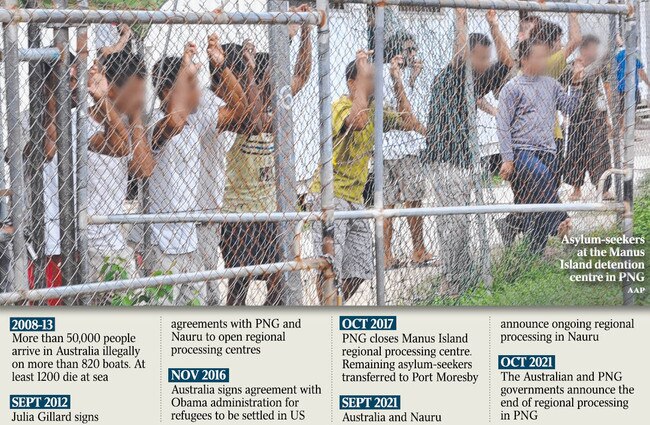
At the peak of the PNG regional processing operations in January 2014, 1353 asylum-seekers were housed on Manus Island.
According to the Department of Home Affairs, 420 asylum-seekers in PNG, 398 in Nauru and 159 in Australia had resettled in the US up to July 31 under the 2016 deal struck with the Obama administration.
The PNG offshore processing facilities, which formed a central pillar of Scott Morrison’s Operation Sovereign Borders, were initially based at the Manus Island Regional Processing Centre before being shifted to Port Moresby in October 2017.
In a joint statement, Ms Andrews and Mr Nukundj said: “Australia and PNG have been longstanding partners and regional leaders in the fight against maritime people-smuggling and look forward to continuing this close co-operation into the future post-finalisation of the RRA.
“Prior to 31 December 2021, Australia will support anyone subject to regional processing arrangements in PNG who wishes to voluntarily transfer to Nauru.
“PNG will provide a permanent migration pathway for those wishing to remain in PNG – including access to citizenship, long-term support, settlement packages and family reunification.
“PNG will also provide support to people temporarily in PNG awaiting movement to a third country. Australia’s strong border protection policies – including regional processing – have not changed. Anyone who attempts to enter Australia illegally by boat will be returned, or sent to Nauru.”
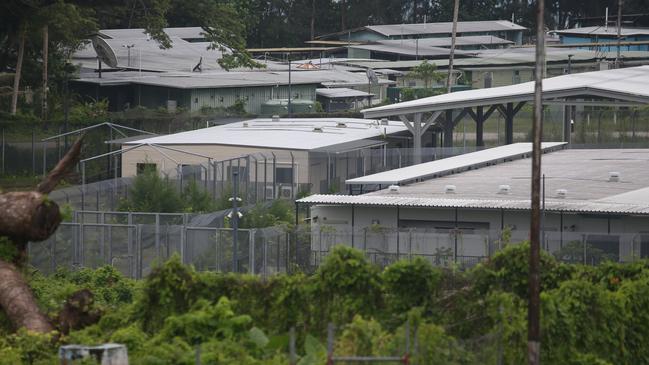
The RRA, signed by Mr Rudd in 2013, stated that “any unauthorised maritime arrival entering Australian waters will be liable for transfer to Papua New Guinea (in the first instance, Manus Island) for processing and resettlement in Papua New Guinea”. Agreements with PNG and Nauru to open regional processing centres were initially signed by Julia Gillard in September 2012 following the collapse of the Labor government’s Malaysia solution.
The Morrison government’s decision to cease its involvement in offshore processing in Port Moresby is expected to spark uproar among refugee advocacy groups, who have spent years fighting to shut facilities in PNG and Nauru and resettle those who remain in Australia. While resettlement to third countries has continued during the Covid-19 pandemic, the Department of Home Affairs has confirmed that delays have occurred due to travel restrictions.
Since 2017, 977 asylum-seekers have been resettled in the US. This year, less than 75 have travelled to the US. Around 37 people have resettled in Cambodia and other countries since 2015.
After the 2013 federal election, Tony Abbott and Mr Morrison, then immigration minister, established Operation Sovereign Borders. The operation, initially commanded by Angus Campbell, effectively destroyed the business model of people-smugglers by turning back boats, ramping-up regional processing and denying smugglers a product to sell.
Following the re-emergence of the Taliban in Afghanistan, national security agencies are on heightened alert to ensure people smugglers do not restart operations.


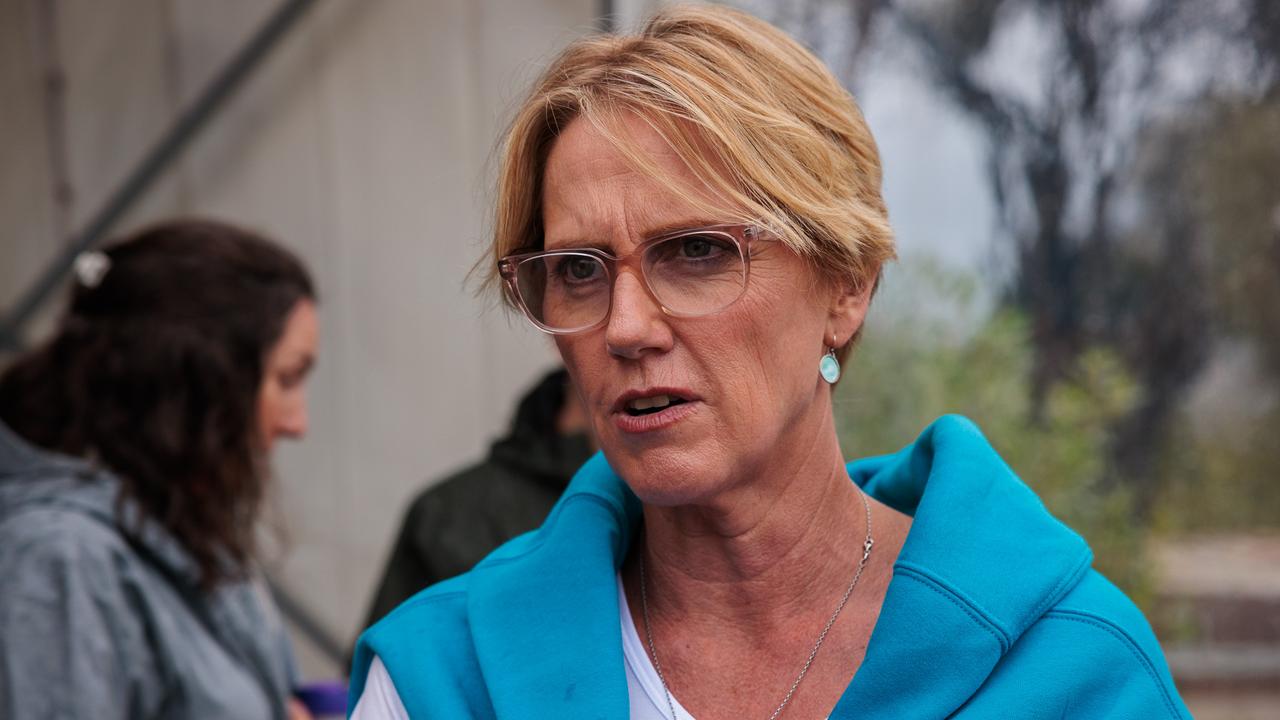
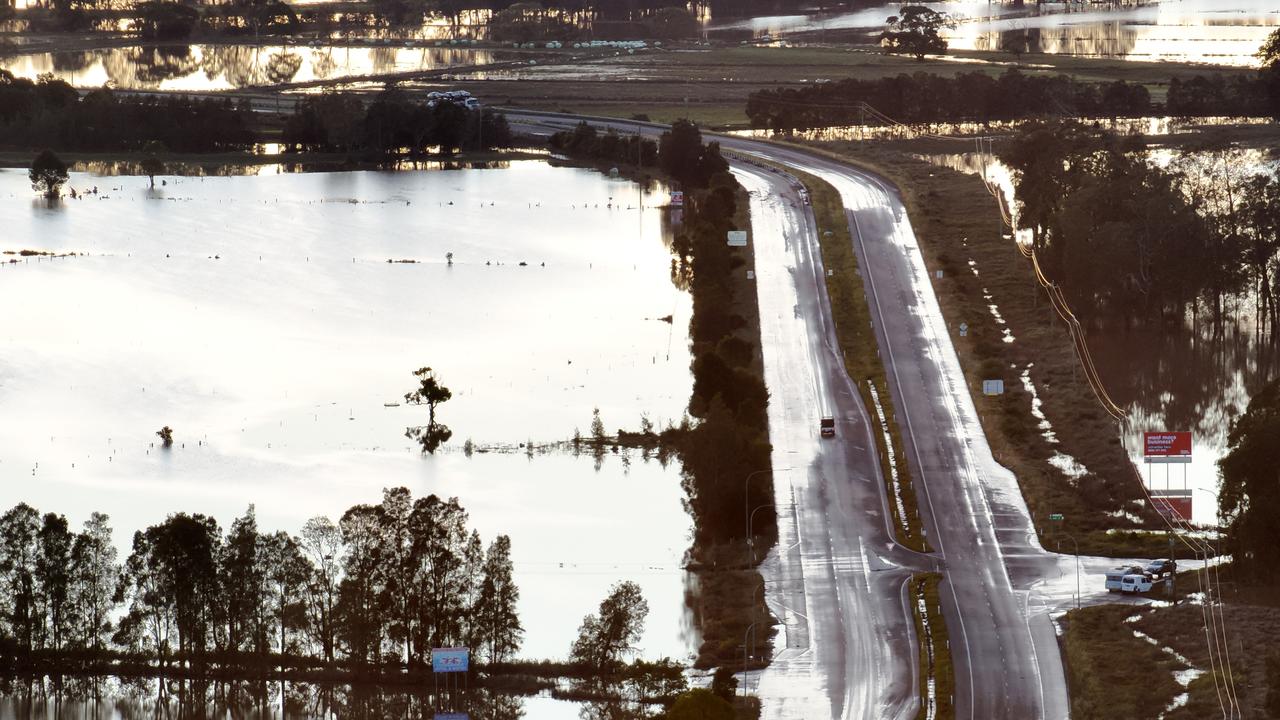
To join the conversation, please log in. Don't have an account? Register
Join the conversation, you are commenting as Logout